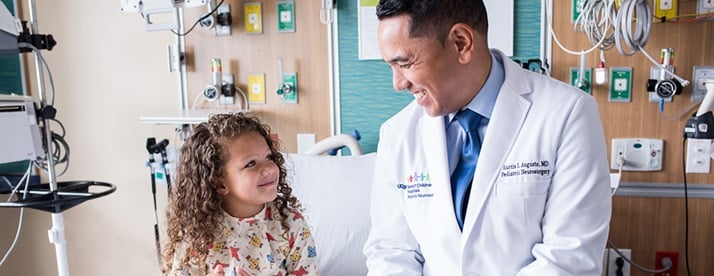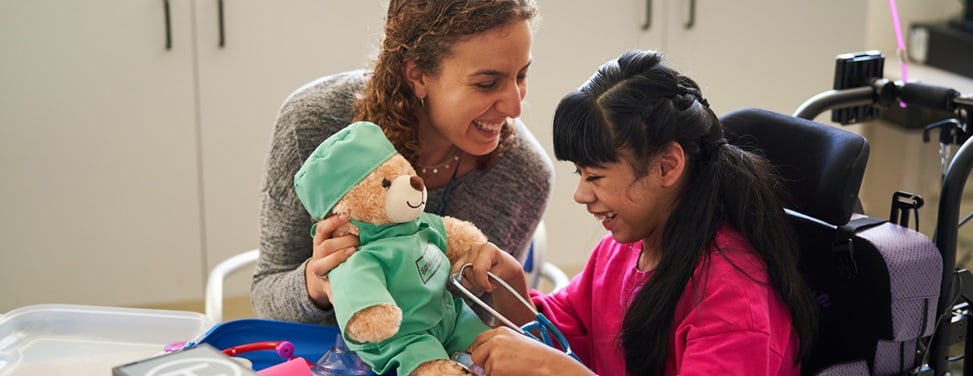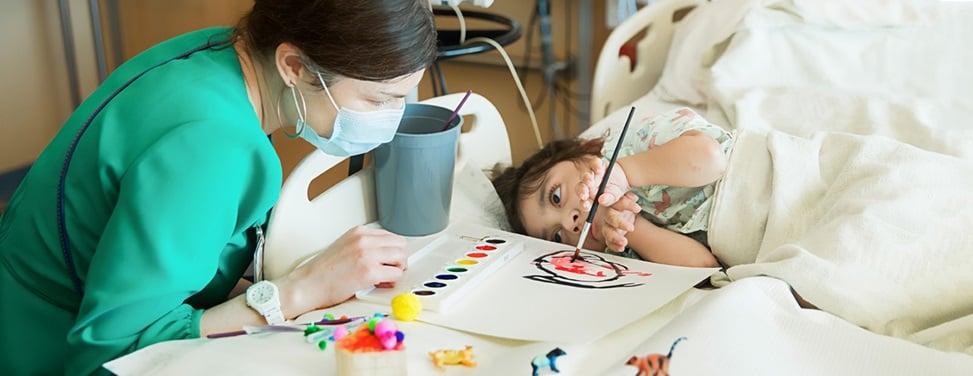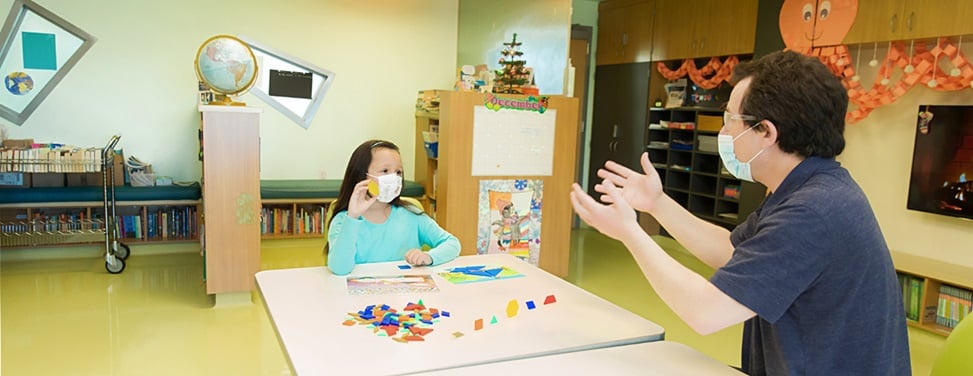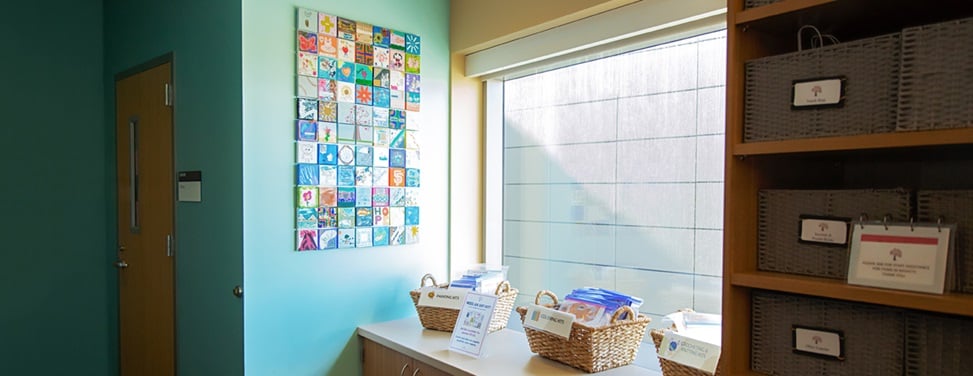
Primary Immune Regulatory Disorder (PIRD) Clinic
The Pediatric Primary Immune Regulatory Disorder (PIRD) Clinic cares for children with complex immune system problems that have a genetic cause. The label PIRD covers a diverse group of rare disorders in which the immune system malfunctions – it is overactive, underactive or doesn’t respond appropriately to challenges.
Depending on the particular genetic mutation, a child with PIRD may develop an autoimmune disorder, a condition in which the immune system attacks healthy tissues; hyperinflammation or autoinflammation, in which the immune system overreacts or reacts without cause; severe allergies; or other conditions in which key immune cells aren’t functioning properly. These conditions usually become apparent in the first years of life and they are difficult to treat, leaving patients vulnerable to disability and death.
Our goal at the PIRD Clinic is to change the common course for these diseases. Directed by Dr. Alice Chan, an expert on PIRD, our team of pediatric specialists works to determine the underlying genetic cause of each patient’s condition. Once we have this diagnosis, we can design a therapy that precisely targets the defective immune system pathway. For example, if our genetic testing shows a defect in the gene that makes CTLA4, an important protein for controlling the immune system, we can treat the patient with a drug that delivers this protein.
For some children with PIRD, the best treatment is a stem cell transplant. In these cases, we collaborate with the team at the UCSF Blood & Marrow Transplant (BMT) Clinic. Finding the best option for each child and family is part of our mission to bring the best care to children with PIRD.
Our locations (1)
Awards & recognition
-

Ranked among the nation's best in 11 specialties
Plan your visit
What to Bring
- Photo I.D.
- Health insurance card
- Insurance authorization, if required
- Doctor's referral, if required
- Recent test results related to your child's condition
- List of medications, including dosages, plus any your child is allergic to
- Immunization record
- List of doctors and locations seen in the past
- List of questions you may have
- Device or paper for taking notes
Related clinics (4)
 5
5
Rheumatology Clinic
 3
3
Bone Marrow Transplant, Cellular and Gene Therapy Program
Support services
Clinical trials
A Master Protocol (AMAZ): A Study of Mirikizumab (LY3074828) in Pediatric Participants With Ulc...
Clinical Remission based on the MMS
Recruiting
More about this studyClinical, Imaging, and Endoscopic Outcomes of Children Newly Diagnosed With Crohn's Disease
The achievement of complete healing (CH) 52 weeks after initiation of anti-TNF therapy guided by ROADMAB™ (therapeutic drug monitoring) as evidenced by a composite of all of the following four features below: 1. Endoscopic heal...
Recruiting
More about this studyPrevalence of Antibodies and Cytokines in Participants With Chronic Granulomatous Disease
Level of total adenoviral-specific antibody in blood
Recruiting
More about this studySmell the roses
Wander outside into our Butterfly Garden in Oakland and our healing gardens at Mission Bay.




































